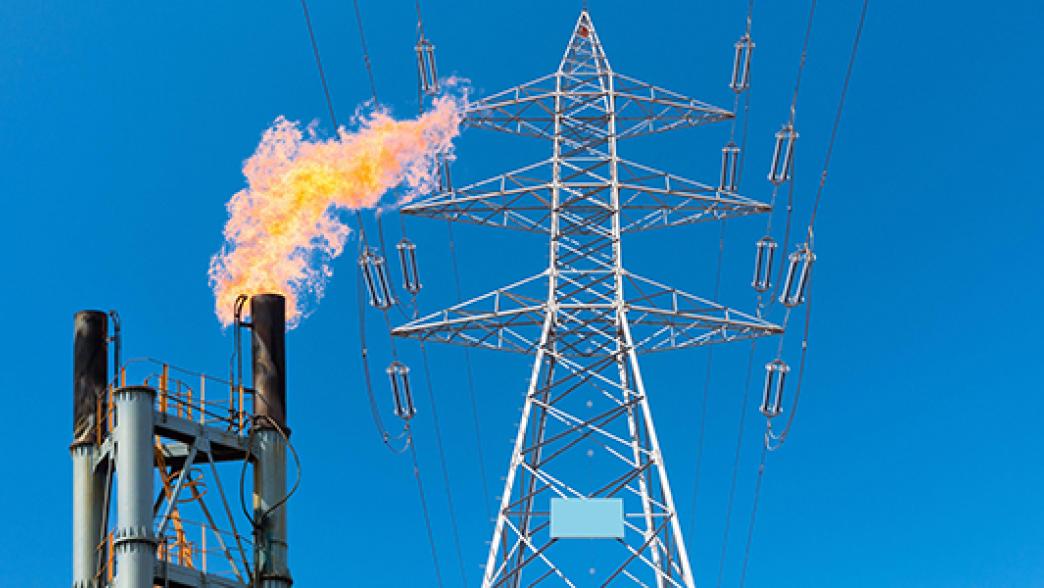Living without Russian gas: What could the government do to manage a possible cut-off of gas from Russia?
To manage the impact of a potential cut-off of Russian gas, governments across Europe need to plan now.

To manage the impact of a potential cut-off of Russian gas, governments across Europe need to plan now.

Why the centre of government has failed successive prime ministers – and seven recommendations for radical reform.
Our annual, data-based assessment of the UK civil service, how it has changed and performed over the past year, and its priorities for the future.
What are the possible legal challenges to the government's Rwanda asylum plan?
Almost a third of UK regulators have not been scrutinised by parliament since 2019 general election.